SUMMARY
This is AI generated summarization, which may have errors. For context, always refer to the full article.
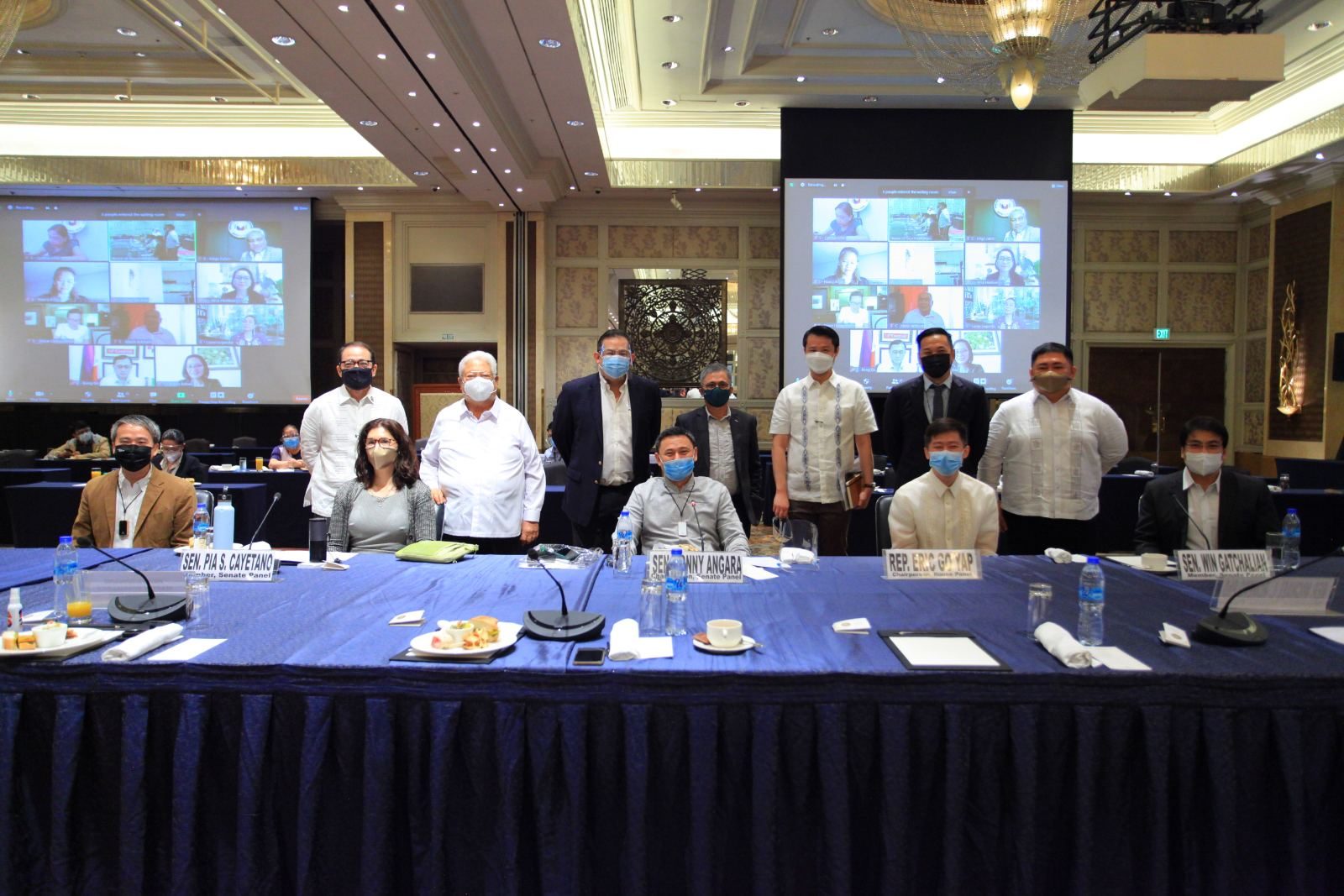
With the COVID-19 pandemic and the dire aftermath of recent typhoons as clear priorities, the heads of the Senate and House panels of the bicameral conference committee on the 2021 budget bill said they expect to finish the spending measure within a week.
On Tuesday morning, December 1, select members of the Senate and House of Representatives convened for an hour physically and virtually at a 5-star hotel in Makati City for the bicameral conference on the 2021 General Appropriations Bill (GAB).
The lawmakers delegated the bulk of talks to Senator Sonny Angara and ACT-CIS Representative Eric Yap, who led their respective chambers’ delegations to the conference.
This has been Congress’ practice during bicameral conferences on the national budget, a way to expedite the push-and-pull of consolidating the two versions of the proposed measure.
It is a potentially contentious process. For instance, the Senate version had slashed the Department of Public Works and Highways’ (DPWH) budget by around P20 billion, as Senator Panfilo Lacson flagged local infrastructure projects he found anomalous. Members of the House, with their districts in mind, would try to hold on to their allocations.
Common priorities
Speaking to reporters after the brief session, Angara said the pandemic and calamity response are the priority of both chambers, and they should guide discussions with his House counterpart.
“The Senate usually makes extensive changes in the general appropriations bill, so I think we have to get to work. At ang maganda naman ngayon is parehong nakatutok talaga sa COVID response so pagdating sa usapan sa vaccines, health programs, I don’t think masyadong maraming disagreements,” Angara said.
(And the good thing now is both chambers are focused on COVID-19 response so when it comes to discussions about vaccines, health programs, I don’t think there will be too many disagreements.)
Obtaining COVID-19 vaccines and its “accompanying expenses” such as storage and logistics – “anything COVID-related” – is really the priority, he added.
“In addition to that, calamity spending would also be very, very important – one of the prime considerations,” Angara said.
In its version of the P4.5-trillion 2021 GAB, the Senate raised the National Disaster Risk Reduction and Management Fund to P21 billion, and assistance to disaster-hit local government units to P15 billion.
The House panel chief also sees no reason for prolonged talks.
“Kailangan pilitin naming matapos namin this week kasi tutal naman, parehas naman kami ng agenda na matugunan ‘yung COVID-19 response natin and ‘yung mga sa calamity na tinamaan, madagdagan ‘yung mga funds ng mga areas na ‘yon,” Yap said in a separate interview with reporters.
(We must strive to finish it this week because in the end, we have the same agenda of addressing our COVID-19 response, and those hit by the calamities, to increase funds for those areas.)
The Executive only proposed P2.5 billion as a budget for COVID-19 vaccines. In its version of the GAB, the House raised this allocation to P8 billion. The Senate version of the bill carried this P8-billion readily available fund, and added P75 billion in unprogrammed appropriations – allotments dependent on the availability of government revenues.
Would the bicameral conference committee further raise allocations for COVID-19 vaccines in the final budget bill?
“Depende sa Senate kung matutulungan nila kami. Mayroon kaming nilagay na P5 billion doon, so kailangan din namin i-validate muna kung kaya ba natin i-absorb lahat ‘yon. Ang importante, may pang-downpayment tayo sa vaccines,” Yap said.
(It depends on the Senate, whether they will help us. We put in P5 billion for it, so we need to first validate if we are able to absorb all that. What is important is we have money for downpayment for vaccines.)
Call for transparency
Asked whether talks between him and Angara could hit a snag when they get to the budget for infrastructure projects, Yap said he did not see what the issue was.
“Sa tingin ko, hindi naman, kasi wala naman akong nakitang irregularities (I don’t think so, because I did not see any irregularities),” Yap replied.
The multipurpose buildings Lacson questioned can be converted into quarantine facilities, while other projects were hospitals, school buildings, and road networks, Yap said.
“Mga valid projects naman ‘yon, lalo na ‘yung mga Build, Build, Build (Those are valid projects, especially the Build, Build, Build ones),” he added, referring to the government’s flagship infrastructure program.
Lacson had flagged lump sums in the DPWH projects as pork barrel in disguise – discretionary funds forbidden by the Constitution. Yap disagreed.
“All I can see in the budget is roads, is school buildings, kaya hindi ko siya matawag na ‘pork’ eh (which is why I cannot call them ‘pork’),” Yap said.
In an interview on DZRH radio on Friday, November 27, Lacson called on his fellow lawmakers to be transparent about the budget process. He demanded to know what was going on with the voluminous budget bill, which the Senate passed on Thursday, November 26.
Lacson originally proposed to slash the DPWH budget by P60 billion, but the chamber only went with a P31-billion cut. Later on, Lacson said he found that another P10 billion was restored to the DPWH budget.
Lacson is part of the Senate panel in the bicameral conference, and he will likely push for the realignments he proposed on the DPWH budget.
But will the public ever know how items on the budget will fall into place? Sure, Yap said, because the national budget is always made public after the President signs it. As for the day-to-day developments in the bicameral conference or in his talks with Angara, Yap said they will keep it private “para matapos namin nang maayos (so that we can finish it smoothly).”
Final stretch
It will take 4 to 5 days to encode changes made to the budget bill and another 7 days to print the measure into several thick volumes, Yap said. If the bicameral conference committee finishes the amendments by Friday, December 4, then the 2021 GAB will be on President Rodrigo Duterte’s desk by the 3rd week of the month, he added.
Ideally, the Senate and the House will be able to ratify the 2021 budget bill next week, Angara said. They have to work fast, but the senator thinks the danger of resorting to a reenacted 2020 budget is unlikely.
“It’s very tricky to put a timeline on legislation pero maganda (but good thing), we have enough time, I think,” Angara added. – Rappler.com
Add a comment
How does this make you feel?
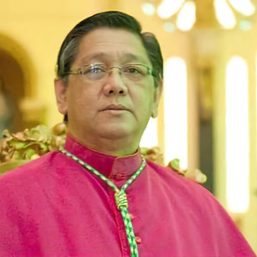
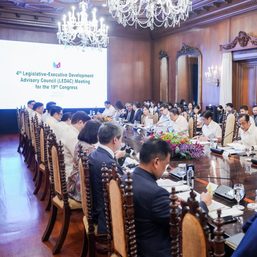
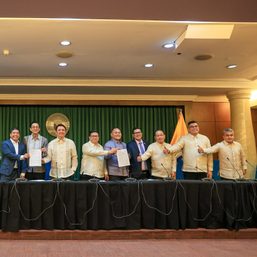
![[New School] Opening closed doors: Why full disclosure on congressional insertions matter](https://www.rappler.com/tachyon/2024/02/20240214-full-disclosure-congressional-insertions-matter.jpg?resize=257%2C257&crop=237px%2C0px%2C720px%2C720px)
![[OPINION] The House strikes back](https://www.rappler.com/tachyon/2024/02/TL-House-strikes-back-February-12-2024.jpg?resize=257%2C257&crop_strategy=attention)
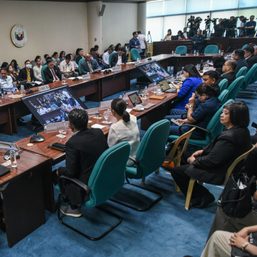
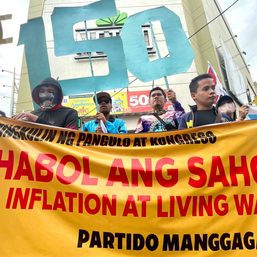
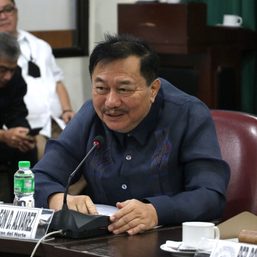

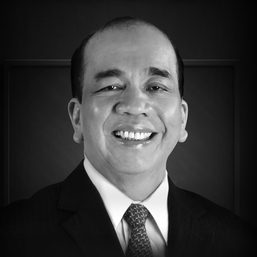
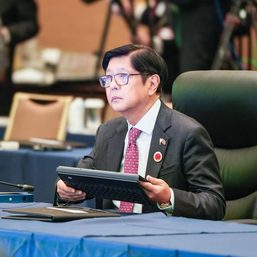

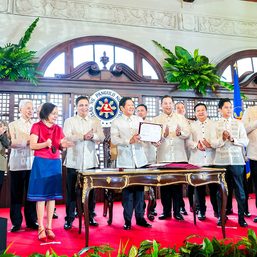
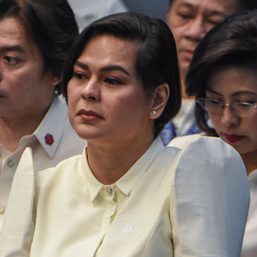
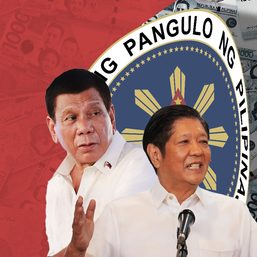
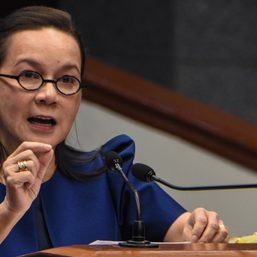
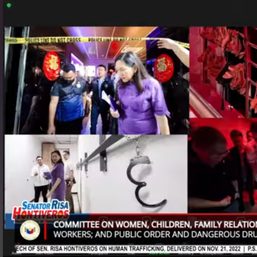
![[Free to disagree] Why investigate Bell-Kenz Pharma Inc?](https://www.rappler.com/tachyon/2024/05/TL-why-investigate-punish-bell-kenz-pharma-inc-May-6-2024.jpg?resize=257%2C257&crop_strategy=attention)

There are no comments yet. Add your comment to start the conversation.